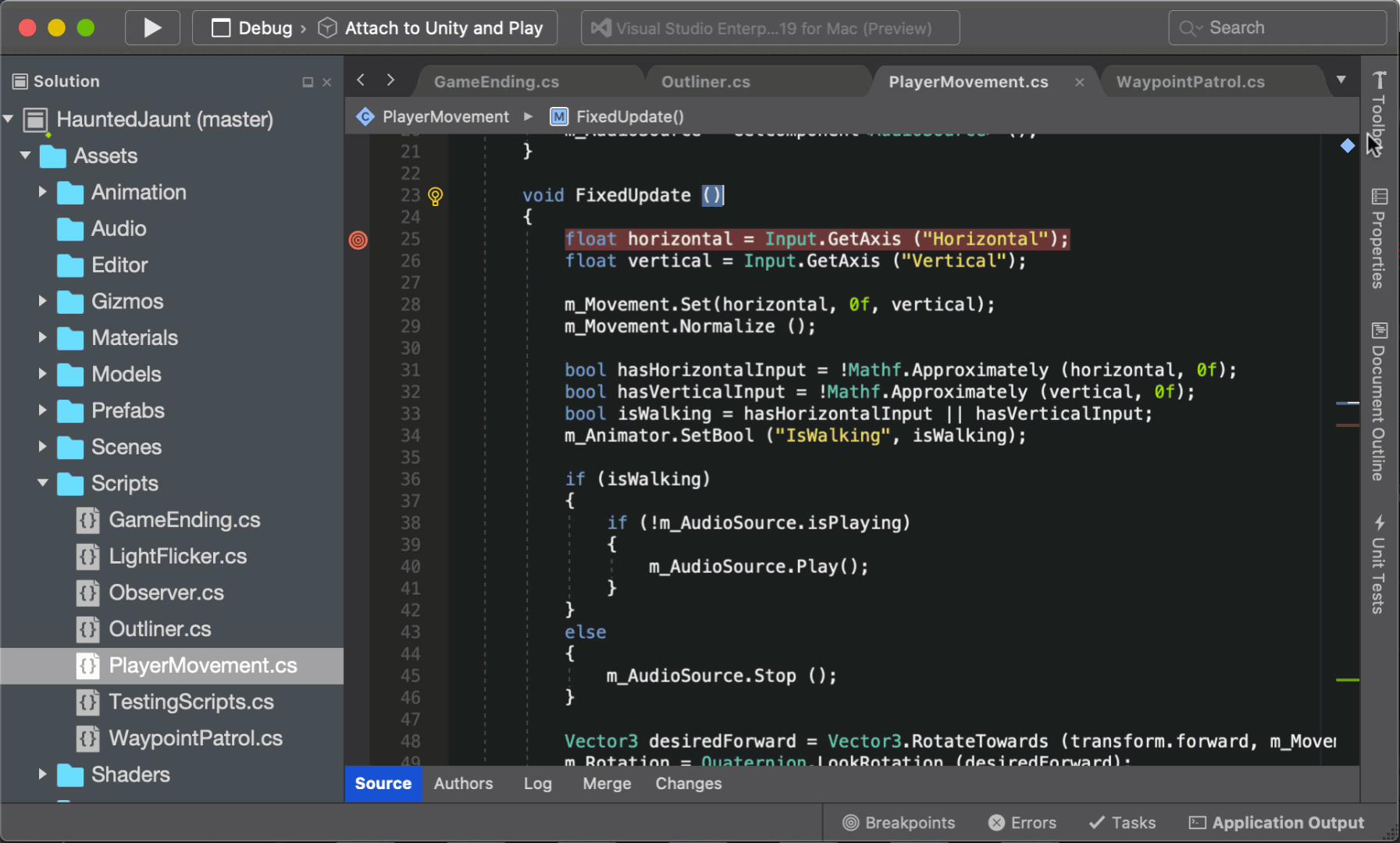

Still, even updating a dozen extensions in Visual Studio Code takes much less time than Visual Studio used to take to rebuild the symbol tables of a large C++ project. I said usually, not always: Visual Studio Code itself needs a monthly update, and the many extensions I have installed often need their own updates. Meanwhile, Visual Studio Code usually starts up quickly enough that I can be productive in a few minutes, even for large projects. It’s now a non-issue even in huge Visual Studio 2022 projects. The startup overhead of Visual Studio has decreased significantly over the years, by the way. When I worked on a C++ project with ~2 million lines of code, I also jump-started each day’s work by automatically running a batch script that did a code checkout and full rebuild of the product in the wee hours. I would keep the IDE open all day as I went through develop/test/debug cycles to avoid another startup delay. Wait until the project has been properly loaded.Īnd Voilá! Your entire code just auto-formatted itself, and saved you a lot of headaches.For decades, when I got to work in the morning, I would start Microsoft Visual Studio (or one of its predecessors, such as Visual C++ or Visual InterDev), then brew tea and possibly attend a morning meeting while it went through its laborious startup.Open your Unity-Scripts from Unity in VSCode.

Don’t forget to add it to source-control! It should be next to your “Assets” folder, and the assembly-files VSCode auto-creates. Copy this file into your Unity-Source directory.Here is also where you can set your auto-formatting preferences (tab-size, indentations, etc).“NewLineForMembersInAnonymousTypes”: false, “NewLinesForBracesInLambdaExpressionBody”: false, “NewLinesForBracesInObjectCollectionArrayInitializers”: false, “NewLinesForBracesInAnonymousTypes”: false, “NewLinesForBracesInControlBlocks”: false,

“NewLinesForBracesInAnonymousMethods”: false,


 0 kommentar(er)
0 kommentar(er)
